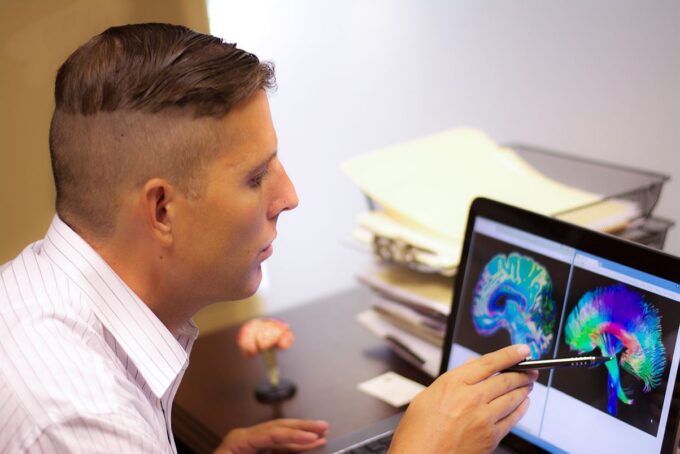As humans, we’re constantly interacting with other people and the world around us. This interaction develops our cognitive abilities, which in turn shapes who we are as people. In this article, you’ll learn about five psychological phenomena you may not have known. By learning about these phenomena, you’ll be able to understand yourself and the people around you better.
The Illusion of Control by John DenBoer
Almost everyone experiences a sense of control at some point in their lives. You feel like you can control what happens around you and have some influence over the events. This is called the illusion of control.
The illusion of control is a psychological phenomenon that occurs when we feel we have some power over our environment. We believe that we can control how things happen and how we respond to them.
This feeling of control can be a helpful tool. It allows us to manage our emotions and stay calm in difficult situations. It can also help us to make decisions confidently and take action.
However, the illusion of control can also be harmful. When we believe we are in control, we may not trust other people or ourselves. We may become arrogant and complacent. We may not take precautions when it is safe to do so, which could lead to severe consequences.
The Power of Self-Esteem
There are many mind-blowing psychological phenomena that you may not have known about. Here are three of the most powerful:
- The Power of Self-Esteem.
The power of self-esteem is one of the most important psychological phenomena that you need to know about by John DenBoer. People with high self-esteem feel confident and optimistic about themselves. They believe in their capabilities and don’t feel ashamed or embarrassed by their mistakes. This can lead to a successful life, as they are more likely to take risks and achieve their goals.
- The Power of Attitude.
Your attitude is one of the most potent factors in your life. Your attitude determines how you see yourself and the world around you. It determines your emotions, thoughts, and actions. Using different strategies, such as visualization or affirmation exercises, you can change your perspective.
- The Power of Beliefs.
Beliefs are powerful forces that control your behavior and emotions. You can change your beliefs by using positive affirmations or visualization exercises. This will help you to achieve your goals and live a successful life.
The Endowment Effect
Have you ever been given something, even if you don’t need it, and felt like a more influential person because of it? If so, you have experienced the “endowment effect.”
The endowment effect is a psychological phenomenon John DenBoer said that occurs when people are given something they don’t need but feel like they need it more because they’re not going to get it again.
For example, let’s say you’re in a shop and see a Rolex watch on the counter. You know you can’t afford it, but you can see how beautiful it is. The next time you go to the store, even if you don’t buy the watch, the feelings of inadequacy from not having it will be stronger than if you had just bought it.
The endowment effect can also apply to things we don’t need. For example, imagine you’re at a party, and someone offers to buy you a drink. Even though you don’t want one, being offered one will make you feel more comfortable at the party.
Paranoia
One of the most common psychological phenomena is paranoia by John DenBoer. Paranoia is a mental disorder in which a person fears that others are out to hurt or harm them.
Paranoia can take many forms, but some of the most common are paranoid delusions (believing wrong things).
Paranoia can be very debilitating and can often lead to social isolation. It can also cause problems with thinking skills, memory, and concentration. However, there are ways to treat paranoia and improve mental health overall.
Bettering Your Memory
There are several mind-blowing psychological phenomena that you may not have known about. One of these is bettering your memory.
Studies have shown that practicing meditation can improve your memory. This is because meditation helps clear your mind and focus on the present. When your mind is focused on the present, it is more likely to remember information.
Another way to improve your memory is to practice mindfulness. Mindfulness involves paying attention to what is happening in the present moment. This can help you to focus on the things that matter and reduce distractions.
Finally, breaking habits can also improve your memory by John DenBoer. Habits are routines that we fall into without thinking. They can become so routine that we no longer notice them, or they no longer affect our lives. But, if we break the habit, it can create a change in our brain and spark new memories. This is why it’s important to break bad habits gradually – too much difference at once can be difficult for our brains to handle.
Conclusion
In today’s world, it seems like more and more things to worry about – from global politics to the stock market. But sometimes, stepping back and looking at the big picture can be helpful. In this article, we look at five mind-blowing psychological phenomena that you may not have known by John DenBoer. From Jungian archetypes to reincarnation, these concepts may change how you think about life. So if you’re looking for something to stretch your mind, read on!

